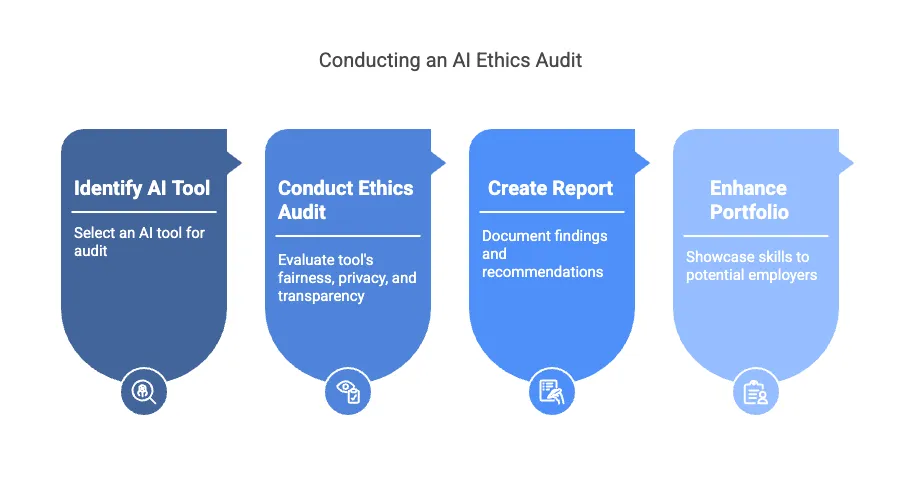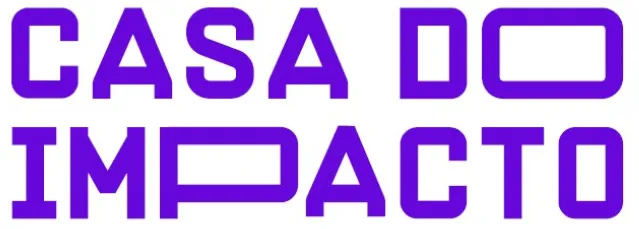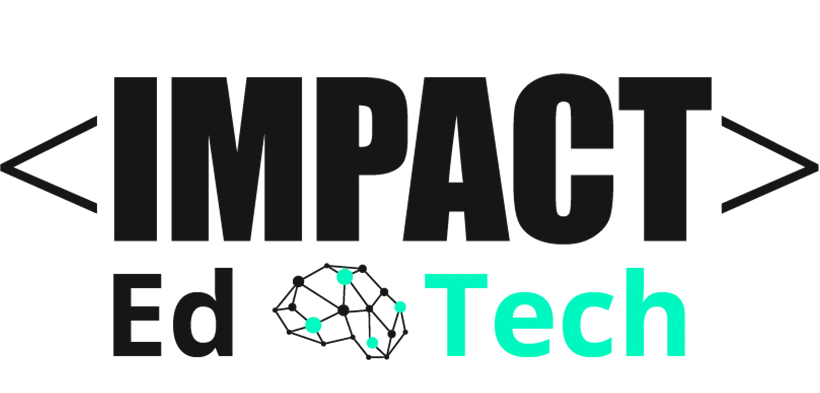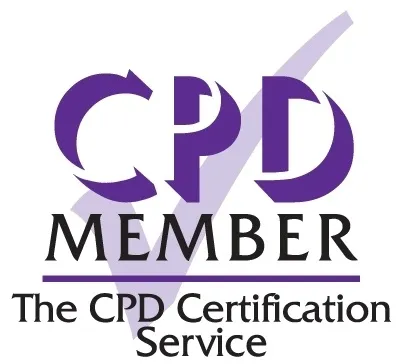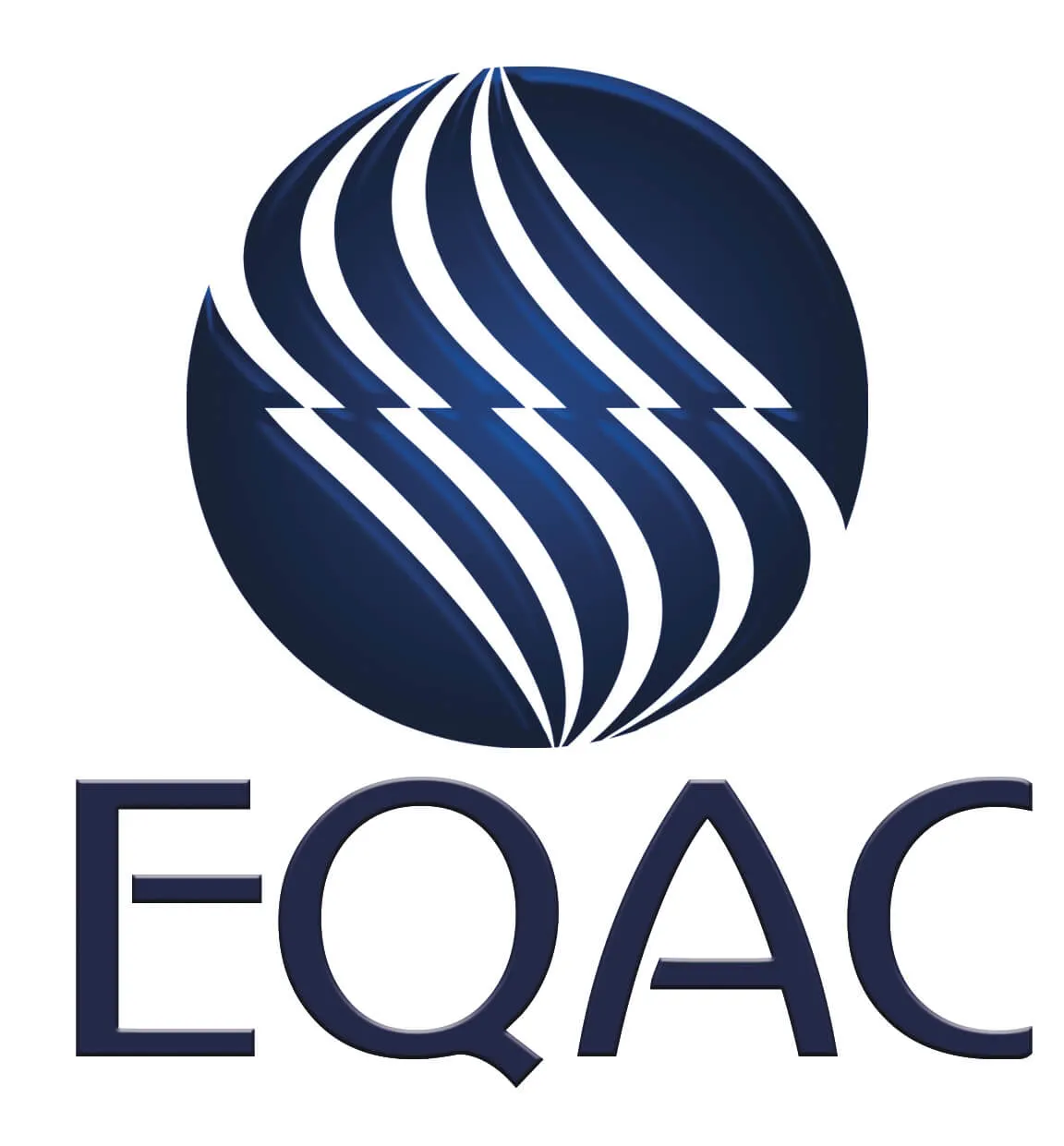1️⃣ What Is Ethical AI Development?
Ethical AI Development is the process of creating Artificial Intelligence (AI) systems that are fair, transparent, safe, and respectful of human rights. It’s about making sure that smart technologies — like chatbots, algorithms, or automated decision tools — treat people ethically and avoid causing harm.
Think of it like setting "house rules" for AI — rules that ensure the technology acts responsibly, just like you’d expect from a trusted employee or business partner.
With Ethical AI, the goal isn’t just to build powerful tools — it’s to build tools that do the right thing.
Key Examples:
- Designing AI hiring tools that avoid bias against gender, race, or disability.
- Building chatbots that protect user privacy and don’t spread misinformation.
- Creating facial recognition systems that require user consent and prevent misuse.
- Developing healthcare AI that provides safe, accurate, and inclusive recommendations.
Ethical AI Development empowers businesses to innovate without risking their reputation, customer trust, or legal standing.
2️⃣ Why It Matters in 2025 and Beyond
AI is everywhere, but without ethical guardrails, it can cause harm, bias, and loss of trust. Ethical AI Development is becoming a top priority for businesses, governments, and consumers worldwide. For example, 33% of financial services leaders cite unclear governance and ethical frameworks as barriers to AI adoption, while 77% express confidence in their ability to mitigate AI risks responsibly. (Avaloq)
By 2025 and beyond, AI will power critical sectors like healthcare, finance, marketing, and HR — making Ethical AI skills more valuable than ever. AI-related jobs are expected to increase by 40% over the next five years, with roles focusing on ethical AI becoming a key hiring priority. Professionals skilled in ethical AI will be highly sought after across industries in roles like product management, data science, UX design, and compliance—offering future-proof career opportunities.
Why It’s Important:
✅ Builds trust with customers, users, and regulators.
✅ Helps companies avoid lawsuits, fines, and brand damage.
✅ Creates new career paths in tech ethics, compliance, and responsible AI roles.
✅ Aligns with global trends in sustainability, diversity, and human rights in tech.
💡 Industry Spotlight
- Healthcare: Ethical AI ensures that diagnostic tools provide accurate results for all patient groups, avoiding bias in treatment.
- Human Resources (HR): Ethical AI guides automated hiring platforms to evaluate candidates fairly and prevent discrimination.
3️⃣ Real-World Applications
Ethical AI Development is now a practical requirement across industries, solving real problems like reducing bias, protecting user privacy, and building customer trust in AI-powered tools.
4️⃣ Who Should Learn This Skill?
This skill is perfect for:
✅ Career changers looking to enter the tech industry through roles that focus on responsible innovation without needing advanced coding skills.
✅ Entrepreneurs who want to build AI-powered products while avoiding costly ethical mistakes or compliance risks.
✅ Freelancers and consultants who want to offer ethical AI auditing, policy writing, or responsible tech-advising services to businesses.
✅ HR professionals and operations managers who need to evaluate or implement AI tools in hiring, employee management, or workplace automation.
✅ Marketing and content professionals who use AI tools (like chatbots or content generators) and want to ensure ethical, brand-safe usage.
Ethical AI Development is an ideal entry point for people who care about technology’s impact on society but feel overwhelmed by technical roles. It offers a pathway into tech careers that value critical thinking, communication skills, and human-centered problem-solving — not just coding ability.
5️⃣ How Hard Is It to Learn?
Ethical AI Development is beginner-friendly because it’s more about mindset, critical thinking, and practical guidelines than technical coding. It’s a skill that focuses on asking the right questions, using available tools responsibly, and applying ethical frameworks to real-world problems.
Here’s a realistic learning roadmap:
💡 Pro Tip: Start with a project that’s directly relevant to your current role — for example, evaluating an AI-powered tool you already use at work for ethical risks like bias or privacy concerns.
Effort Required:
- 8–12 hours to understand foundational concepts and ethics principles.
- 20–30 hours to practice analyzing real-world AI use cases and applying ethical frameworks.
- Ongoing learning through new case studies, tools, and ethical challenges emerging in the AI space.
6️⃣ Tools & Resources to Get Started
Here’s a list of essential Ethical AI tools to help you get started:
💡 Ideal for Beginners: Start with Google What-If Tool — it’s free, beginner-friendly, and perfect for exploring how AI models work and how bias can appear in real-world data.
7️⃣ Career Pathways & Opportunities
The rise of Ethical AI is creating new job roles and freelance opportunities — even for non-technical professionals. Companies are actively hiring people who can guide responsible AI development, manage ethical risks, and build trust with users.
Here are some potential roles for Ethical AI professionals:
Salary data is based on US industry trends, job market projections, and reports from sources like Glassdoor, Indeed, and Payscale (2025 estimates). Ranges vary by experience, location, and company size.
Ethical AI skills are in high demand across industries like tech, healthcare, HR, finance, and marketing — especially for companies that want to avoid regulatory risks and build trust with diverse customers.
💡 Freelancing Tip: Start by offering AI policy reviews, ethical AI audits, or consulting services for small businesses and startups that use AI tools but lack internal ethics expertise. Many of these services can be done remotely — making it an excellent option for flexible or freelance work.
8️⃣ How to Get Started Today
Here’s a step-by-step roadmap to start learning Ethical AI Development and applying it to real-world projects:
1️⃣ Choose a Tool
Start with a beginner-friendly tool like Google What-If Tool to explore how AI models work and identify potential bias.
2️⃣ Complete a Tutorial
Take a free beginner course like Elements of AI or Artificial Intelligence: Ethics & Societal Challenges on Coursera. These courses break down key concepts in an easy-to-understand way.
3️⃣ Build a Portfolio Project
Apply your knowledge by creating a small project that solves a real problem in your industry. For example:
- HR Professionals: Evaluate an AI hiring tool for bias or fairness.
- Marketers: Review an AI chatbot script for ethical language and privacy protection.
- Entrepreneurs: Write ethical guidelines for using customer data in your AI-powered product.
4️⃣ Join an Ethical AI Community
Learn from others, stay updated on new tools, and get feedback on your work. Great communities include:
- Responsible AI Institute Community
- EBU's AI Ethics Group (EBU - European Broadcasting Union)
- Women in AI Ethics Community
💡 Project Idea: Conduct an "AI Ethics Audit" of a tool you already use — like a chatbot, content generator, or hiring platform — and create a short report on how it could improve its fairness, privacy, or transparency. This is a practical way to build your portfolio and demonstrate your skills to future employers or clients.
